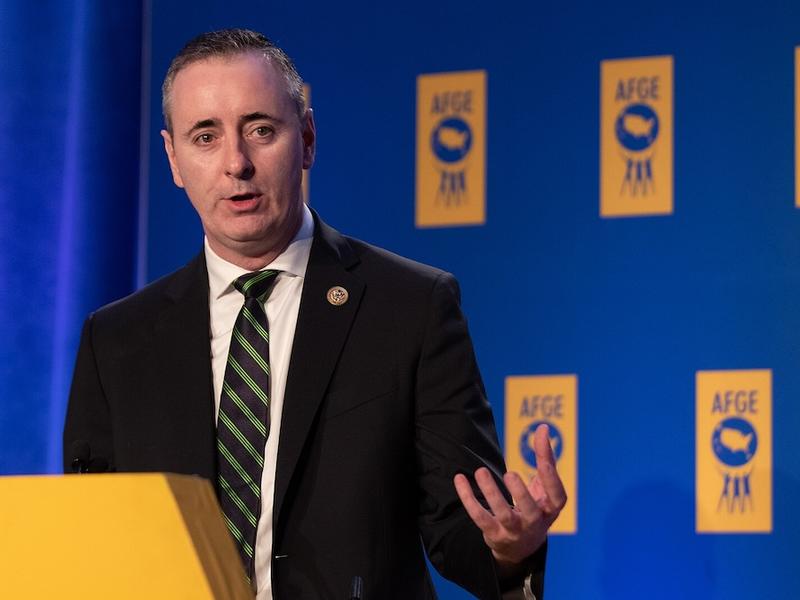
It appears that if President Trump got any boost from the release of Attorney General William Barr’s four-page summary of Special Counsel Robert Mueller’s report to the Justice Department, it was small and fleeting. The first two top-quality polls, not online or using robo-calls, are now out don’t show huge movements in either direction.
A new NBC News/Wall Street Journal poll, conducted March 23-27 among 1,000 adults, shows the president’s job-approval rating dropping from 46 to 43 percent since their late February survey, with his disapproval ticking up from 52 percent to 53 percent. The new survey showed 30 percent strongly approving of Trump, and 43 percent strongly disapproving.
The NBC/WSJ poll, taken jointly by Democratic pollsters Fred Yang and Peter Hart of Hart Research and Bill McInturff of the Republican firm of Public Opinion Strategies, found that 85 percent of Republicans, 36 percent of independents, and 9 percent of Democrats approved the job Trump was doing. His approval was at 39 percent among suburban women and 37 percent among moderates. One finding that tells you a lot about what is going on is that Trump’s approval was 35 percent among white women with four-year college degrees and 66 percent among white men with less than a college degree.
The NPR/PBS Newshour/Marist Poll of 938 adults, taken March 25-27, showed Trump’s approval rating moving up from 39 percent to 42 percent since a Feb. 18 poll, with disapproval down from 55 percent to 51 percent. The new poll showed 26 percent of adults strongly approving of the president’s performance and 40 percent strongly disapproving. Among just registered voters, Trump’s approval stood at 43 percent with a disapproval of 50 percent.
While Trump may have hoped for a gain immediately after the Barr summary was released and the brief caption was “no collusion,” subsequently the focus has shifted to Mueller finding evidence on both sides of the obstruction-of-justice accusation. And Trump’s shifting to health care and possibly cutting federal funding for the Special Olympics probably tamped down whatever benefit might have been accruing.
The strong takeaway from available data is that as a whole, the American people are not nearly as obsessed with the investigation of Trump as those in Washington, the Democratic base, and cable-news aficionados. These allegations seem to have had little effect on him. Those who disapprove Trump do so on the basis of style and substance, not scandal.
It is easy in Washington and in the ideological bases of the parties to see the world through our own prisms, sometimes forgetting that the vast number of Americans live between those two bases and tend to pay less attention to news in general and politics in particular. To the extent that they focus on politics at all, it is late, just before an election, and they tend to see things in terms of how they affect their families and daily lives. Many are quite cynical about politics and often assume the worst; they see all politicians as scoundrels, and as a result don’t seem to be shocked when they hear allegations against them, whether those charges are legitimate or not.
For Republicans and Trump-backers, any hopes that release of the summary would put the whole matter to rest have been dashed, as are expectations that the president would use this as an opportunity to hit a restart button, to stop stepping on good news and pivoting back to his base at the expense of persuading swing voters. Trump is often his own worst enemy. The NBC/WSJ poll asked registered voters if they would be enthusiastic, comfortable, have some reservations, or be very uncomfortable about Donald Trump running for president: 26 percent said they were enthusiastic and 14 percent said they were comfortable, for a total of 40 percent; 9 percent had some reservations and 50 percent were very uncomfortable, for a net negative of 19 percent.
The president reminds me of a guy who sits down at a poker table for the first time, draws an inside straight, and believes that it was the result of skill and easily replicable. Rather than keeping the focus on the news from the Barr summary that Mueller did not find coordinated dealings between the Trump campaign and Russian operatives, the president tweets that “The Republican Party will become ‘The Party of Healthcare’” and predicts that Senate Republicans would offer a new health care plan. This would be news to Senate Majority Leader Mitch McConnell, who has spent considerably more time at the table and in the game than Trump. No doubt McConnell appreciates that Democrats successfully used health care, particularly coverage of those with preexisting conditions, in last year’s midterm elections.
There may well be several paths toward reelection for Trump, but he seems determined to head in the wrong direction
This story was originally published on nationaljournal.com on April 2, 2019


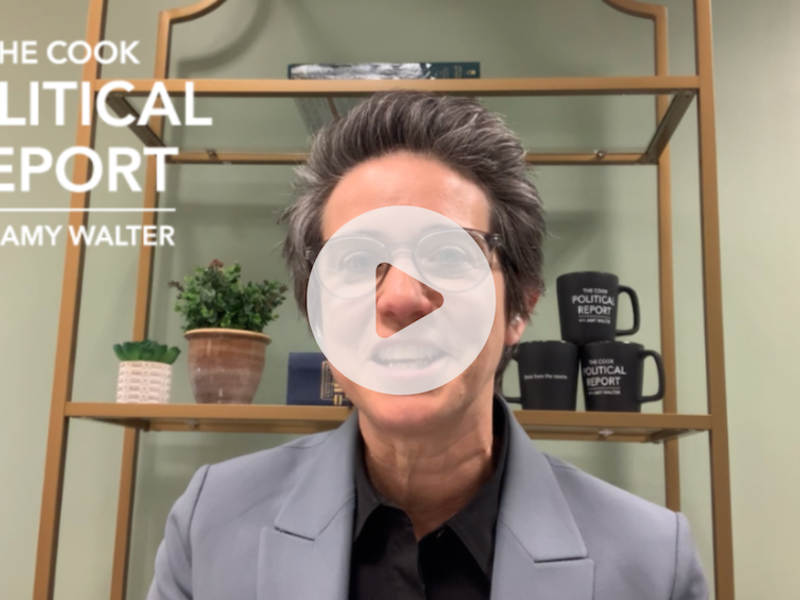



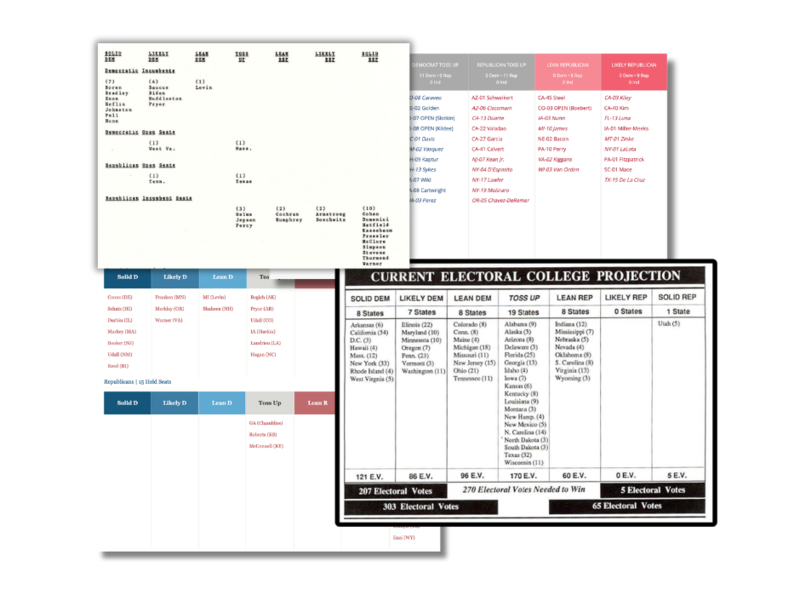
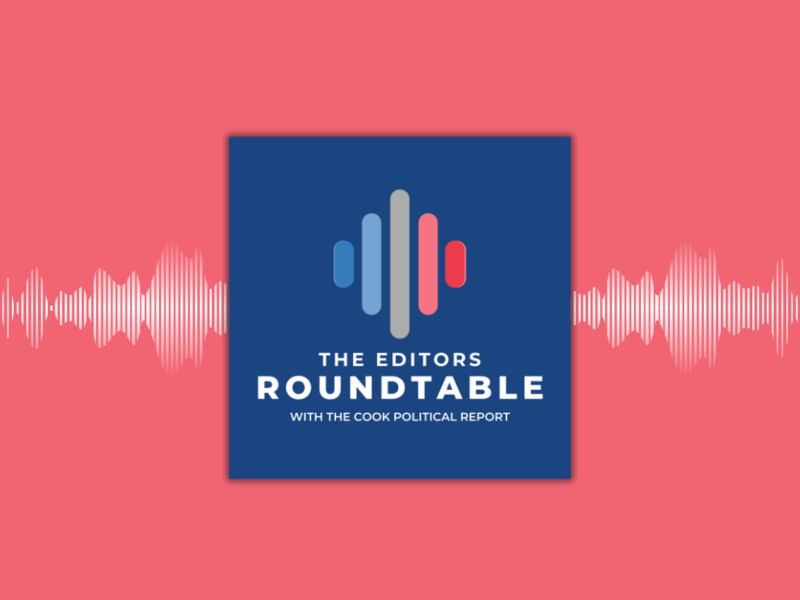
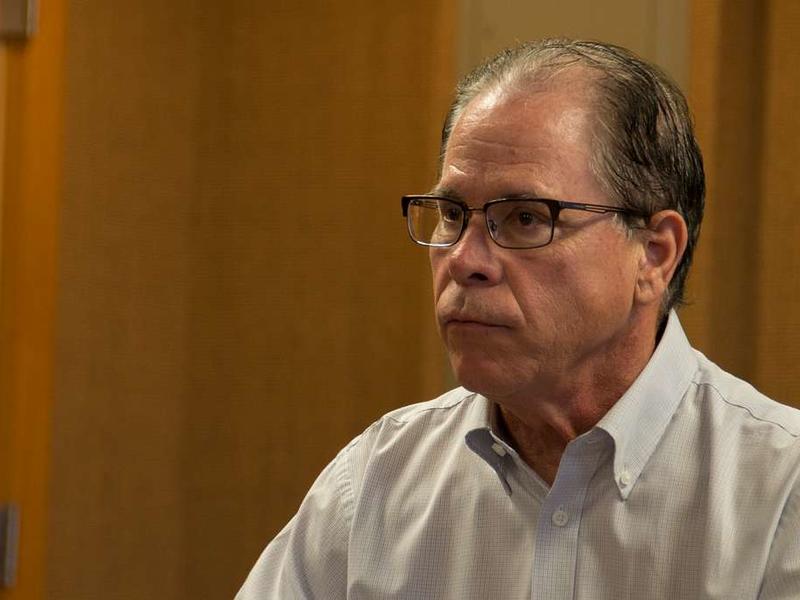

Subscribe Today
Our subscribers have first access to individual race pages for each House, Senate and Governors race, which will include race ratings (each race is rated on a seven-point scale) and a narrative analysis pertaining to that race.